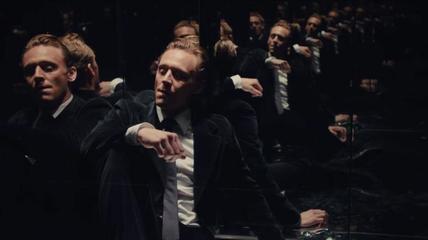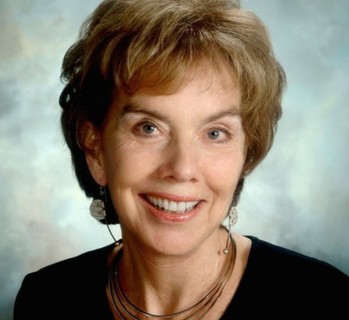Confusion and Carnage: An Interview With Film Critic Adam Nayman About The Films Of Ben Wheatley3/26/2017 Critic Adam Nayman knows how to start an argument. The Toronto-based writer, whose work has appeared in such journals as Cinema Scope, Slant and AV Club, made a stir in film critic circles a few years back with his book "It Doesn't Suck," which argued that Paul Verhoeven's widely reviled "Showgirls" was, in fact, rather interesting, and in some ways marvelous. His new book about writer/director Ben Wheatley, titled "Ben Wheatley: Confusion and Carnage," treats its titular subject, who is barely known outside of art houses, as an artist who's on the cusp of greatness. I talked with Nayman about his book, which is in stores now and can be ordered here.
Why write a book about Ben Wheatley at this point in his career? There's something very exciting about trying to write a book about a director before he or she has reached the finish line, and it seemed to me like Ben Wheatley was a filmmaker who could be interesting from two angles at once. On the one hand, he's done some very distinctive, substantial work in a very short period of time. On the other, he's possibly on the verge of moving on to bigger and more elaborate projects. So there's something open and provisional about taking stock less than a decade in. Read More
0 Comments
Editor's Note: Molly Haskell has one of the most essential voices in the history of film criticism. Whether it's her groundbreaking writing at The Village Voice or New York Magazine or her influential book From Reverence to Rape: The Treatment of Women in the Movies, her work changed the way we look at film and how we write criticism. She was kind enough to discuss her career with us late last year. She has a new book out, Steven Spielberg: A Life in Films. She has also re-issued From Reverence to Rape in a new edition, with an introduction by New York Times film critic Manohla Dargis.
MZS: One of the things that fascinates me about From Reverence to Rape is that, in addition to being about what it’s about—the image and treatment of women throughout movie history—the book is also about what’s shown and what’s withheld, what’s said and what’s unspoken, and what effect that all has on the viewer. At times it seems as if you think that a bit of repression can be good for movies. MH: I do. Well … it’s really plus and minus. Last night I was watching "North by Northwest" and I thought, “That can’t be done anymore.” They can’t make films that have that kind of subtext, and I guess it’s because we don’t have the veneer of normalcy that that sort of movie depends on, or the veneer of oppression and everything else. But those scenes with Cary Grant and Eva Marie Saint are so erotic, and also when he’s hating her. Do you remember the film? Vividly. OK, so after he’s almost been killed by the crop duster and he comes to her room, and he doesn’t tell her that he knows she’s behind it, it’s all there. But it’s—so full of hate and the hate is so close to eros that it’s just indistinguishable! So amazing! I don’t think there’s anything like that today. I did a Q&A with Ed Sorel, who’s done this book on Mary Astor, with his cartoon drawings and everything, it’s just fabulous. Well, we were talking about “Dodsworth” and how sophisticated it is. It’s such an adult movie, because you know Ruth Chatterton is having affairs with all these people, but the movie doesn’t spell it all out. You see her go to her room, and you know it. And people were amazed by that because they knew how strong the Production Code was at that time in the Hays Office. Read more |
Matt Zoller SeitzFilm critic and filmmaker. Archives
April 2017
Categories
All
|



 RSS Feed
RSS Feed